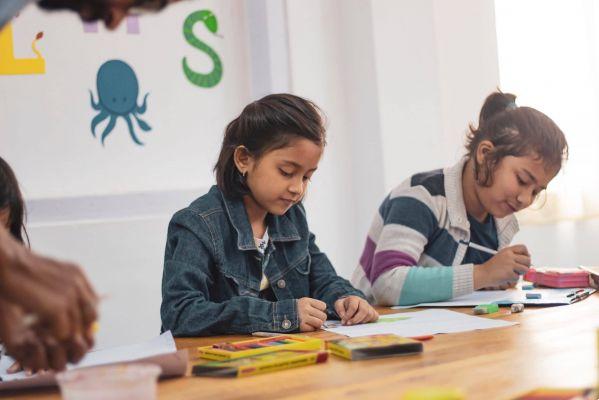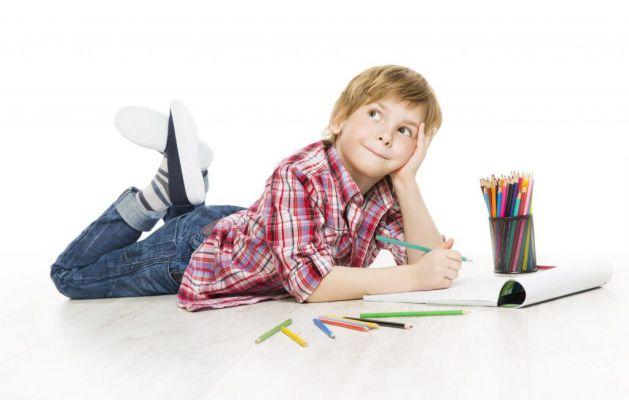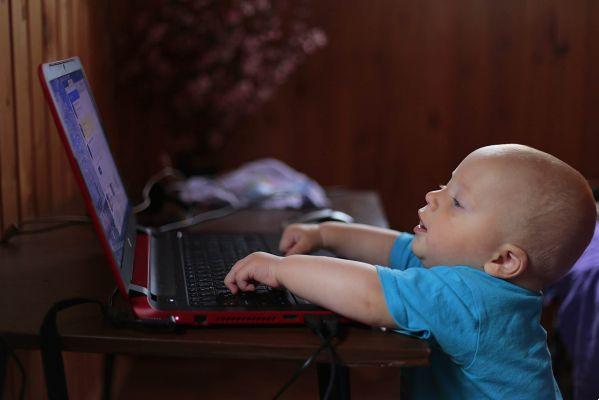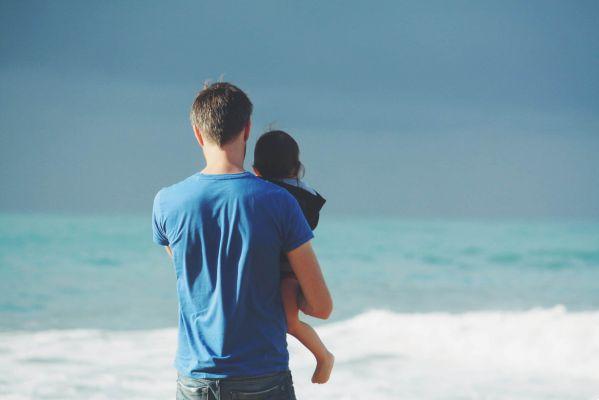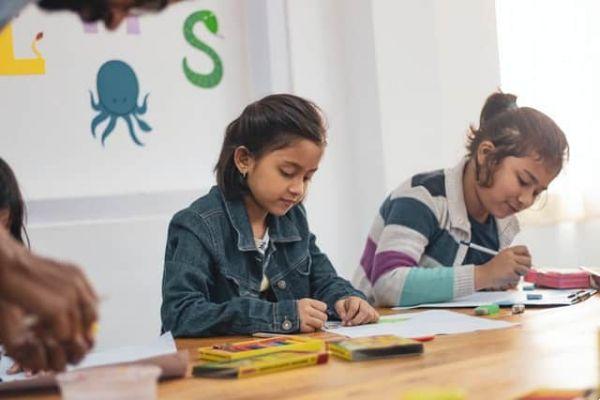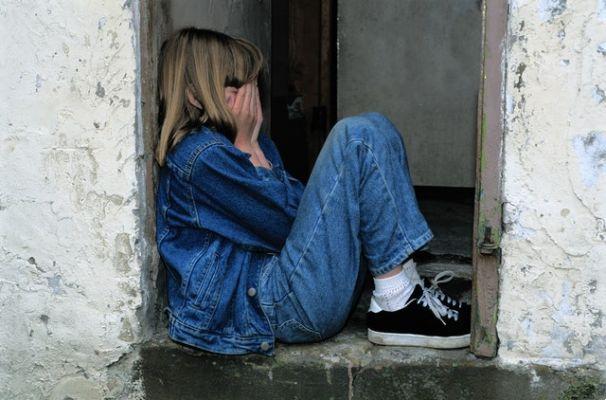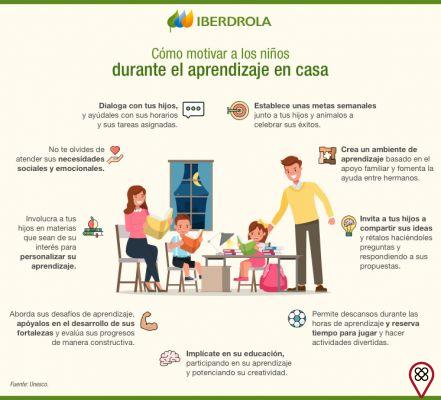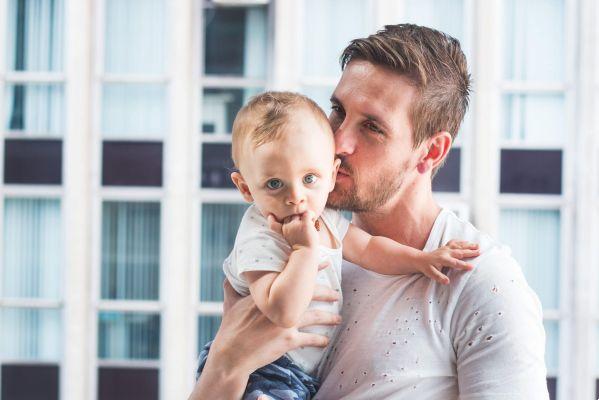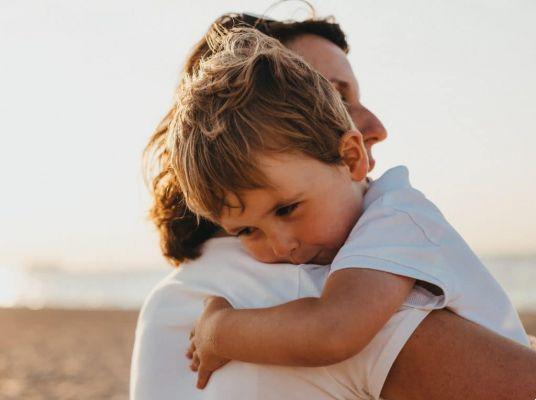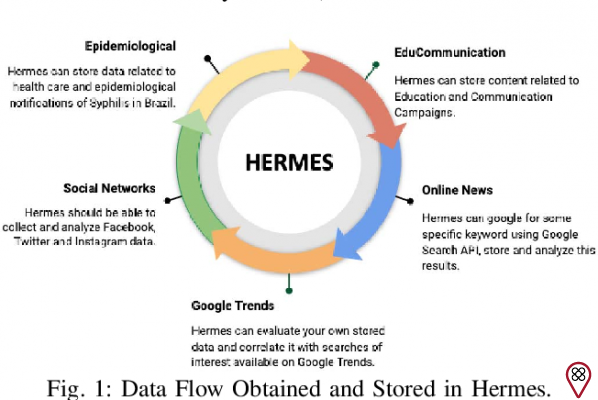Planet Earth is the only home we have. All the resources necessary for our survival come from nature, but they will not last forever. This is because we do not make a conscious and ecological use of what is around us and we cannot adequately preserve what we have left.
Fortunately, becoming aware of the problem is the first step to overcoming it. It is not too late to disseminate environmental education among adults, who must change the habits they have acquired throughout their lives, and among children, who will learn to take care of the world in the right way.
After all, it is children who will inhabit the Earth for generations to come, and it is only right that they learn to care for the planet more carefully than adults, in this sense. The sooner awareness starts, the better! Keep reading the article to learn more about the topic.
The importance of talking about environmental education for children
Have you ever heard that it is easier to learn English as a child than as an adult? This happens because in the first years of life we are more open to new experiences, we are not so afraid of making mistakes and we are able to avoid the language addictions that are so common among adults.
And we can take this explanation to other areas of our lives, such as environmental education. When we become adults, we end up reproducing harmful habits for the planet almost without realizing it, habits that came from generations before ours, less aware of this issue.
So, even when we realize we're doing something wrong every day, we have a hard time changing that part of our routine, no matter how simple. If you've ever thought about it, you must have imagined that everything would be easier if you had learned it right from an early age, right?
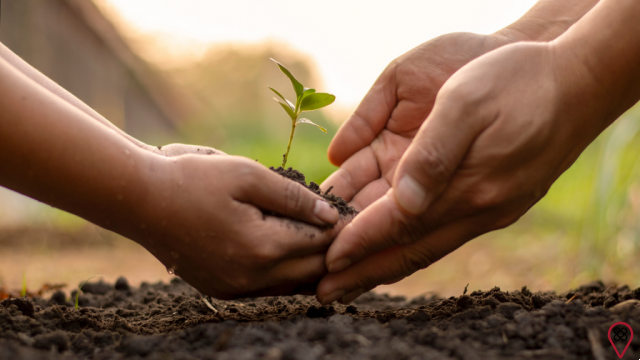
That's why environmental education should start in childhood. It is at this stage of life that children learn how the world works, develop social awareness and act with greater solidarity. Therefore, it is the ideal time to explain that the world needs help, so that their future is better than the present.
With more willingness to learn and to incorporate new habits, children are committed to following the rules that protect nature. As they grow, it is likely that they will continue to reproduce what they have always done, with the certainty that they are leaving a positive mark on the world.
In the next topic, delve deeper into the goals of environmental education for children. In this way, you will understand how this learning can transform the society we live in and the planet that will be built by small hands.
Environmental education goals for children
According to UNESCO, the United Nations Educational, Scientific and Cultural Organization, there are four main objectives of environmental education for children. Discover each of them:
1) Raise awareness and sensitize children about environmental problems
Environmental problems have been around for decades, but they are still not as discussed as they should be. That's why children need to be aware of the topic, in order to keep their eyes open for this issue in the present and in the future. That way, they are more likely to be sensitized to this cause.
2) Foster children's interest in caring for and improving the environment
In addition to identifying environmental problems, children need to develop a desire to solve this reality. While they cannot make big changes on their own, they must remain interested in the possibility of doing so when they grow up. In other words, children will always be committed to the need to take care of the Earth.
3) Develop in childhood the ability to learn about the environment around people
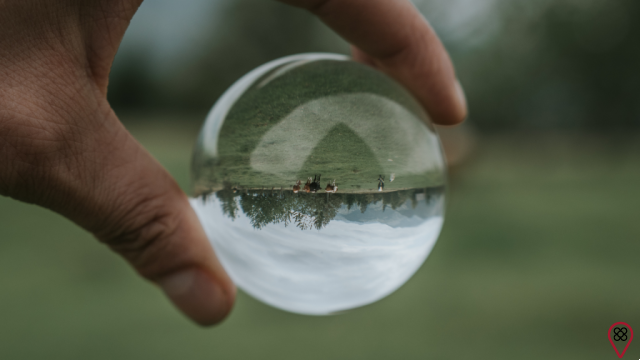
Understanding who we are is important, but it must also be based on an understanding of the environment around us. It is from this learning that a child can recognize himself in the world where he lives and in the role he must play in society, since we live in community.
4) Expand children's ecological knowledge
It is important for children to know what natural resources are, how ecosystems work and how we get things like energy, water and food. With environmental education, they become more aware of these issues, favoring the conscious use of what we need on a daily basis.
How to teach children about environmental education
Now that you know what the goals of environmental education are, it's time to put this type of learning into practice for the little ones. From the tips we have prepared, understand how to teach children about the environment:
1) Develop contact with nature
Contact with nature is the first step for children to become aware of the environment around them. A walk in the park, a trip to the beach or even growing a vegetable garden at home are ways to bring them closer to the planet.
2) See animals in farms, nurseries and zoos
It is easier for children to understand what they can see, touch and smell. So it is important that they have contact with animals in farms, nurseries and zoos, so that they develop empathy for this part of nature and think about this experience for many years.
3) Help clean up parks and beaches
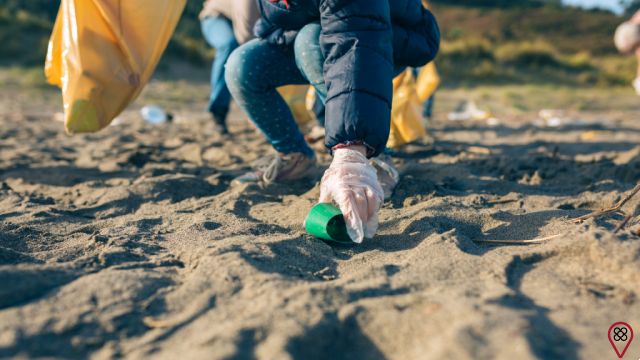
Accompanied by guardians, children can help clean parks and beaches, picking up trash, for example. Although it is the obligation of people to throw garbage in the right place, it is essential that the little ones understand that they can make a simple gesture to preserve forests, rivers and seas.
4) Practice separating waste into appropriate waste
Children need to be aware of the proper destination of the garbage that we all produce. And one of the most efficient ways to do this is by teaching about recycling, with the separation of waste in the appropriate trash.
5) Talk about environmental problems
Although children cannot yet delve into environmental issues, we should talk to them about it. From this process, they are able to think about the subject, form an opinion and develop curiosity about the subject. As a result of this, when they grow up, they will be able to debate the topic and take action.
You may also like
- Learn why children should learn about agroecology
- Reap the benefits of getting closer to nature
- Explore non-traditional education
Taking into account each information presented, we understand that environmental education is essential for children. They are the future of the planet and they need to learn the best ways to take care of it, recovering nature and restoring the balance between people and the environment. Defend this kind of learning!



